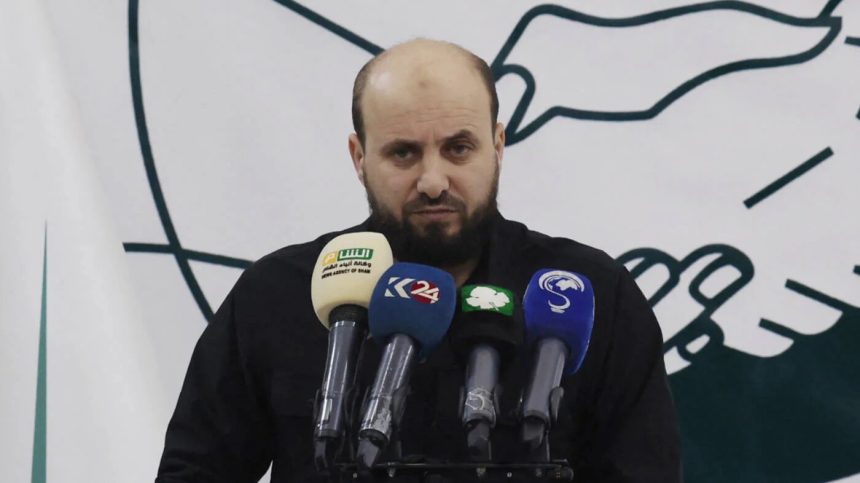The Syrian rebel forces, spearheaded by the Islamist group Hayat Tahrir al-Sham (HTS), have assumed control of Damascus, amid the fall of President Bashar al-Assad’s regime. The rebels announced the appointment of Mohammad al-Bashir as the head of a transitional government, tasked with overseeing the country until March 1.
The dramatic change unfolded on Sunday when HTS-led forces launched a swift and decisive offensive on the capital. The operation resulted in the toppling of Assad, who has reportedly fled the country. This marks a turning point in Syria’s protracted conflict, which has lasted over a decade and claimed hundreds of thousands of lives.
On Tuesday, state media broadcasted a statement attributed to Bashir, introducing him as “the new Syrian prime minister.” Bashir expressed his commitment to leading the transitional government during this critical period.

“The general command has entrusted us with managing the transitional government until March 1,” Bashir stated through the platform, signaling a period of reconstruction and reorganization in a nation deeply scarred by war.
Mohammad al-Bashir is no stranger to leadership within Syria’s rebel-held territories. Prior to his new role, he headed the Salvation Government, a governing body established in 2017 in Idlib, a rebel stronghold in northwest Syria.
READ ALSO: Netanyahu Faces Court Amid War and Political Turmoil
The Salvation Government was formed to provide essential services to civilians in areas where government support had ceased. Bashir also previously served as its development minister, focusing on rebuilding infrastructure and improving living conditions in war-torn regions.
Under Bashir’s leadership, the Salvation Government expanded its reach beyond Idlib, extending services to Aleppo after the city fell from government control during the rebels’ recent offensive. This growth has bolstered Bashir’s reputation as a capable administrator during times of crisis.

The transitional government faces significant challenges as it seeks to restore stability in a nation fragmented by years of war. Rebuilding trust among Syria’s diverse population, addressing widespread displacement, and restoring basic services will be monumental tasks.
While HTS’s involvement raises concerns due to its Islamist ideology and past affiliations with extremist groups, the current focus appears to be on establishing order and governance. Observers will closely watch how the transitional government navigates its mandate and manages relations with regional and international stakeholders.
The international community has yet to formally respond to the events in Damascus, though the developments are expected to have far-reaching implications for Syria and its neighbors. With Bashir at the helm, the transitional government has an opportunity to lay the groundwork for a more inclusive political process.

